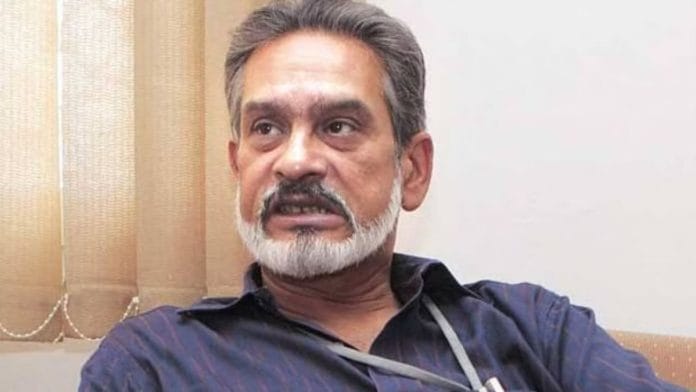The Standing Committee on Statistics, headed by Pronab Sen, who was also India’s first Chief Statistician, had an important role to play—advise the government on all surveys it undertakes. It was recently dissolved.
This Committee’s primary purpose was to review, recommend and advise the Ministry of Statistics and Programme Implementation on survey methodology, sampling design, result finalisation, etc. These surveys include the all-important National Sample Survey that informs policymaking.
The Standing Committee’s job may seem obscure and academic to the casual observer. But in some ways, this Committee’s framework decides what truth is in this country. Therefore, it becomes critical —both in terms of truth discovery, which results in policy-making, and in terms of political perceptions, which decide elections in a democracy.
For context, consider the public spat last year between a member of the Prime Minister’s Economic Advisory Committee, Shamika Ravi, and Sen. The former, batting for the government, said the way surveys are designed in India has a rural skew. She argued this was making the country seem poorer and less developed than it actually is. She concluded that made the Modi government look less successful than it actually is.
Political appointees to advisory committees are not exactly the best judges of sampling methodology. They have their career incentives aligned differently. Sen, as India’s former Chief Statistician, had his incentives aligned the other way. He explained, rather clearly, how Ravi’s assertion was not true; and worse, even if it were true, the effect would have been the opposite of what she’d concluded. His explanation, that Census Data and state governments classified towns as rural or urban differently, was convincing to those of us who have bothered to pore over survey data in the past.
The government’s social media handles, for their part, amplified Ravi’s point of view at that time. There was an election to be won, and one expected that. But what is worrying is that even after the elections have been won, the government seems to be swayed by Ravi’s arguments and wants to retain that rosy view of India’s socio-economic data. At least, that’s the message one is compelled to take from the disbanding of the Standing Committee on Statistics without any official reasoning.
Also read: Even World Bank was inspired by India’s data collection. Politics, tech has weakened it now
Missing census, fired statistician
In the normal course of events, this debate would have been an important but minor one between academics. After all, sampling methodologies may skew the data slightly this way or that; but not by much, if the underlying data in the framework for choosing a sample is robust. It is here that we have to remember, India has not conducted its decennial census that was supposed to have been carried out in 2021. Our data is already 13 years old. And every passing day without new census data makes subsequent sampling methodologies weaker and more difficult to arrive at. Which perversely makes it more open to greater political interference and manipulation.
For example, if we want a sample of people in 2024 and we want to ask them questions like what they ate or how much they earned, we have to do that based on the urban-rural divide of 2011 and our subsequent estimate of how that might have changed given the urbanisation trends. And estimates are just that. An actual census exists to give those estimates a dose of reality. And in its absence, the estimates become important. The older the census data, the weaker the sample in representing the actual population; regardless of how good the methodology is. In the hands of motivated political appointees, they may even become weapons of statistical chicanery.
Sen has also been calling for the new census, naturally. He makes this point almost everywhere he gets a chance. And the government, which for whatever reason has chosen not to conduct the activity, grew tired of his constant demand for that external dose of reality to the estimation models that statisticians build.
In any democracy, the trustworthiness of government data cannot become a point of contention. Facts cannot become subjects of debate. And therefore when the census is not conducted, and an eminent statistician who was calling for it gets fired quietly, it’s time to worry. Worse, said statistician preferred one kind of survey methodology which yielded survey results which weren’t to the liking of political appointees.
Changing the methodology of surveys to suit the whims of political masters is what tinpot dictatorships do. India has a long and storied history of being a democracy that conducts statistically robust surveys free of political interference. The recent events make one worry if that’s about to end. If the government wants to retain credibility, it should at least explain why it did what it did, and why the census hasn’t been conducted yet. And what its plans are to conduct it.
Nilakantan RS is a data scientist and the author of South vs North: India’s Great Divide. He tweets @puram_politics. Views are personal.
(Edited by Theres Sudeep)







That is unfortunate, avoidable. At a time of growing formalisation of the economy, more use of banks and digital payments, when the quality of data collection can improve dramatically.